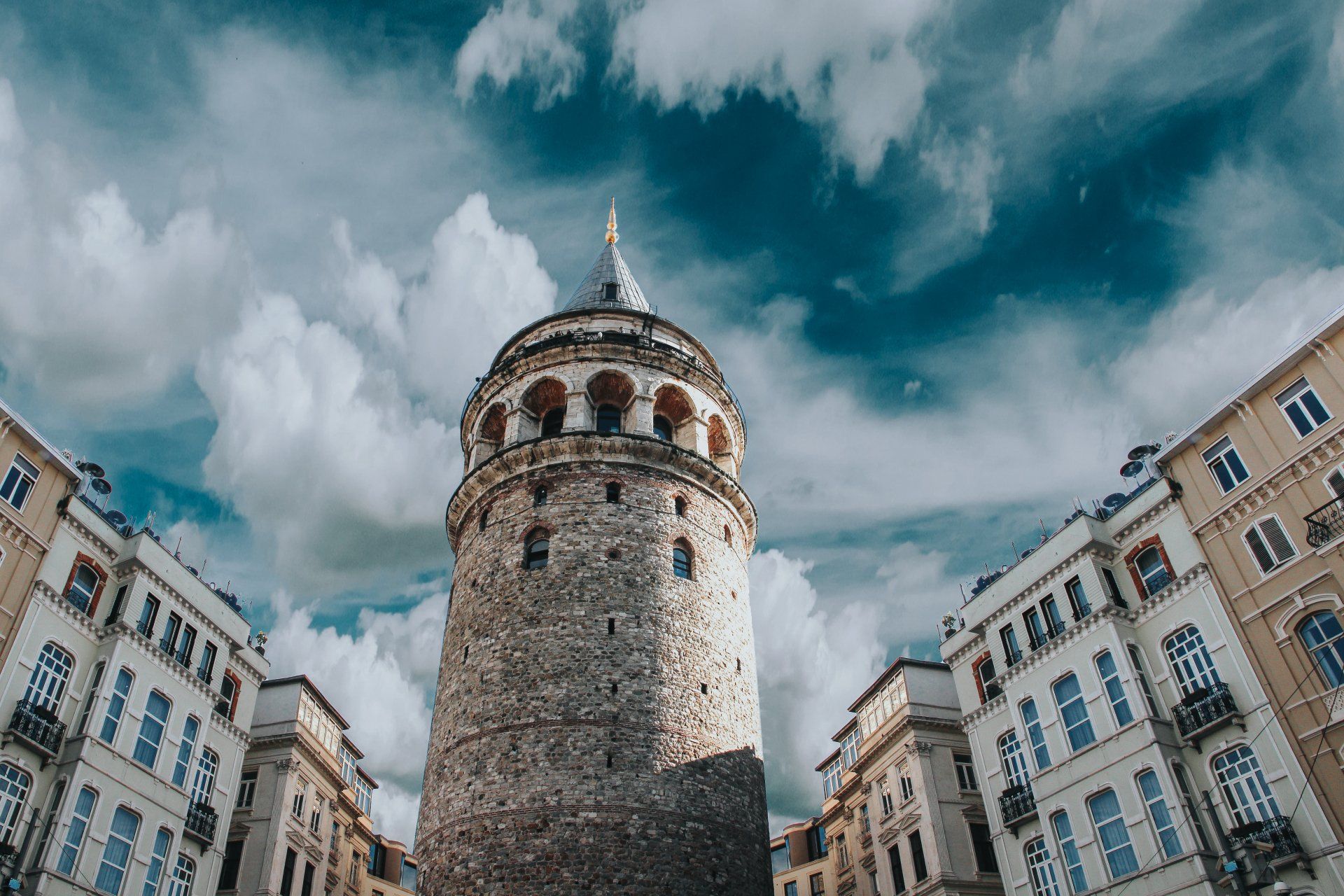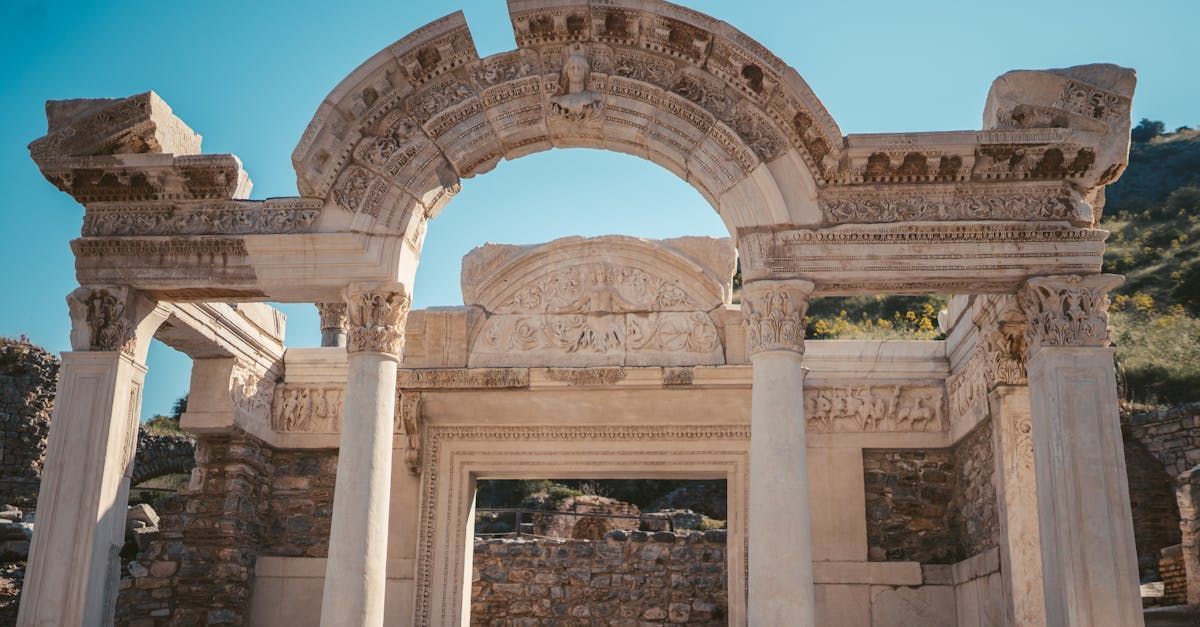Turkey
Explore the Wonders of Turkey:Where Continents Collide and Cultures Flourish
Journey through Turkey's mesmerizing landscapes, from Istanbul's bustling bazaars to the fairy tale chimneys of Cappadocia, and experience a rich tapestry of history, hospitality, and culinary delights
Welcome To Turkey
Turkey, a mesmerizing blend of ancient traditions and contemporary culture, is uniquely poised at the crossroads between Europe and Asia. This vibrant country offers a compelling tapestry of history, stunning landscapes, and culinary excellence. From the bustling bazaars of Istanbul to the surreal rock formations of Cappadocia and the pristine beaches of the Aegean coast, Turkey promises an adventure that transcends the ordinary. In this guide, we'll explore the key aspects of traveling to Turkey, ensuring you have a well-rounded and enriching experience.
With its diverse cultural heritage, Turkey has been influenced by countless civilizations, from the Greeks and Romans to the Byzantines and Ottomans. This rich history is evident in its architectural wonders, archaeological sites, and cultural practices that continue to thrive. Turkish hospitality is legendary, with locals often going out of their way to welcome visitors, making travelers feel like they are part of the family.
Turkey's landscapes offer as much diversity as its cultural heritage; the country boasts dramatic mountain ranges, fertile valleys, and extensive coastline that are as appealing to adventurers as they are to those seeking relaxation. Whether exploring the ancient ruins scattered across the landscape or savoring the flavors of Turkish cuisine, visitors will find that Turkey offers endless opportunities for discovery.
Offers
Holiday Offers
Currency
The currency of Turkey is the Turkish Lira (₺). While major credit and debit cards are accepted in most hotels, restaurants, and shops, especially in larger cities, carrying some cash is advisable for smaller purchases and in rural areas.
Flight Time
Direct flights from the UK to major Turkish cities like Istanbul, Ankara, and Izmir typically take between 3.5 to 4 hours. These cities serve as primary gateways to exploring the broader regions of Turkey.
Language
The official language of Turkey is Turkish. English is widely spoken in major tourist areas and cities, but less so in rural areas. Learning a few basic Turkish phrases can greatly enhance your interaction with locals and enrich your travel experience.
Visa
Most UK passport holders need a visa to enter Turkey, which can be obtained online through the e-Visa system. This process is straightforward, requiring only a few minutes to complete, and it is advisable to obtain your visa prior to travel.
Best Time to Visit Turkey
The ideal time to visit Turkey varies by region but generally, spring (April to May) and autumn (September to November) are the best times to visit. These months offer pleasant weather, fewer crowds, and the natural beauty of the landscape is at its peak.
Summer (June to August) in Turkey is hot, particularly in inland areas like Ankara and Cappadocia, but it is a great time to visit the Turkish coastline, including the Aegean and Mediterranean coasts, where breezes tend to moderate the temperatures.
Winter (December to February) can be cold and snowy, especially in the eastern and central parts of the country, which offers opportunities for winter sports in mountain resorts. Istanbul and the coastline are milder but can be rainy.
Must Visit Destinations

Istanbul
This city is a vibrant mix of the old and the new, where you can visit ancient monuments such as Hagia Sophia and the Blue Mosque and then shop in modern malls or eclectic bazaars like the Grand Bazaar. Istanbul's location on the Bosphorus Strait offers stunning views and a rich tapestry of history and culture.

Cappadocia
Famous for its fairy-tale landscape of rock formations and cave dwellings, Cappadocia is best explored via hot air balloon rides that provide breathtaking views of the region. The area is also rich in history, with many subterranean cities and ancient churches.

Ephesus
One of the best-preserved ancient cities in the world, Ephesus offers a fascinating glimpse into Roman life. Highlights include the Library of Celsus and the massive amphitheater that once hosted gladiatorial games.

Antalya
Located on the Mediterranean coast, Antalya is a gateway to Turkey's southern beaches. It combines natural beauty with historic sites, including Roman gates, Byzantine churches, and Ottoman-era architecture.
Safety Tips
Turkey is generally safe for tourists, though it's wise to exercise standard precautions. Be aware of your surroundings, especially in crowded places, and keep valuables secure. It's also advisable to have comprehensive travel insurance.
Culture and Etiquette
Turkish culture is warm and inviting. It is customary to remove shoes before entering someone's home and to accept tea or coffee if offered, as these gestures reflect Turkish hospitality. When visiting mosques, dress modestly and women should cover their heads with a scarf.
Finally...
Turkey offers a rich and varied experience that combines the allure of ancient civilizations with stunning natural landscapes and vibrant modern culture. With its strategic location straddling two continents, Turkey serves as a captivating destination that promises an array of experiences, from exploring historical ruins to enjoying the hospitality of its people. Prepare to be enchanted by Turkey’s endless charm and diversity.
TripEase.uk is a trading name of TripEase Ltd and is registered in England and Wales with registered number 0204 570 2429 whose registered office address is 71-75 Shelton Street, Covent Garden, London, United Kingdom, WC2H 9JQ
© 2024 TripEase Ltd. All Rights Reserved.





